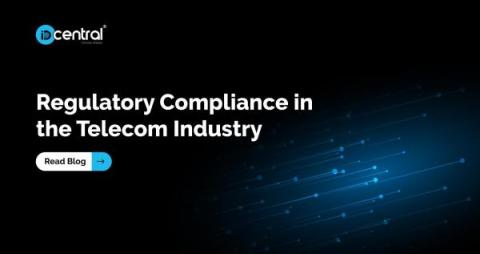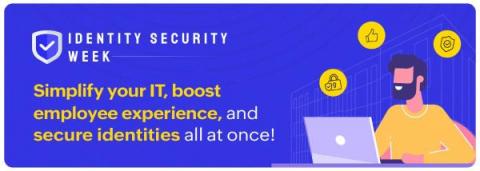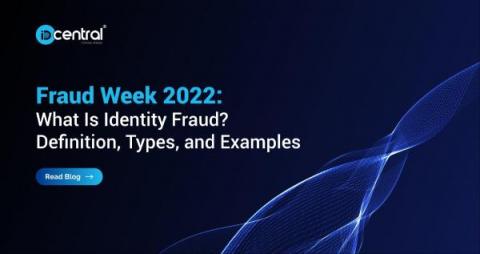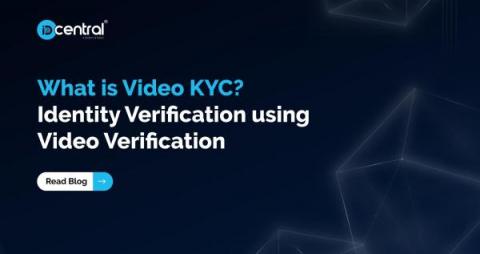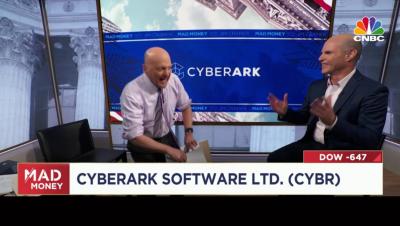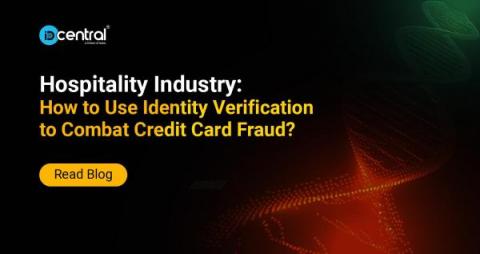Building a World-Class eSIM Registration Process
Telcos are part of the vital infrastructure that serves as a forerunner for the rest of the industry as their digital environments change. Many major telecommunications companies have large retail infrastructures that are purpose-built to onboard new customers in shops, but the retail industry has been harmed over the years by security concerns and the demand for personal involvement at every stage of onboarding. This influences their capacity to effectively grow their user base.




